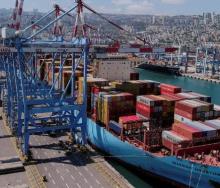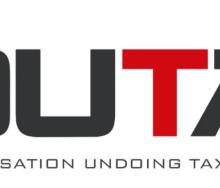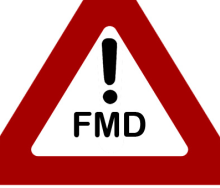Despite various attempts to avoid a strike by the largest workforce lobby group at Transnet, the 26 000-member-strong United National Transport Union (Untu) is said to have unanimously decided to embark on labour action.
The decision follows several weeks of deliberation that finally broke down after failed arbitration through the Commission for Conciliation, Mediation and Arbitration (CCMA).
Various sources, including Business Day and Independent, reported on Wednesday morning that Untu had overwhelmingly backed strike action in an escalating wage dispute with the state-owned logistics operator.
The dispute centres on Transnet’s final wage proposal – a cumulative 17.5% increase over three years, comprising 6% in 2025, 6% in 2026, and 5.5% in 2027.
Untu has firmly rejected the offer, instead demanding a 10% annual increase over the same period. In addition to salary concerns, the union is calling for binding job security provisions to prevent retrenchments, which Transnet has so far declined to include in its offer.
The matter is currently still being handled by the CCMA, which is facilitating urgent negotiations in an effort to break the deadlock. Talks are ongoing as of mid-May 2025.
The potential for industrial action has raised serious concerns, with fears of widespread disruption to port operations, an especially worrying prospect given the government's ongoing efforts to stabilise Transnet.
The company, responsible for managing the country’s rail and port infrastructure, remains in a precarious financial state.
This is not the first time Transnet has faced such pressure. A previous strike led by Untu in 2022 crippled operations and had a devastating impact on the economy, with estimated losses exceeding R1 billion per day.
Although the CCMA continues to mediate between the parties, the strong show of support for a strike in Untu’s internal ballot signals a growing readiness among workers to take industrial action should their demands remain unmet.
This latest development underscores the seriousness of the labour dispute, which poses a significant risk, not only to Transnet’s operations but also to the broader South African economy.













